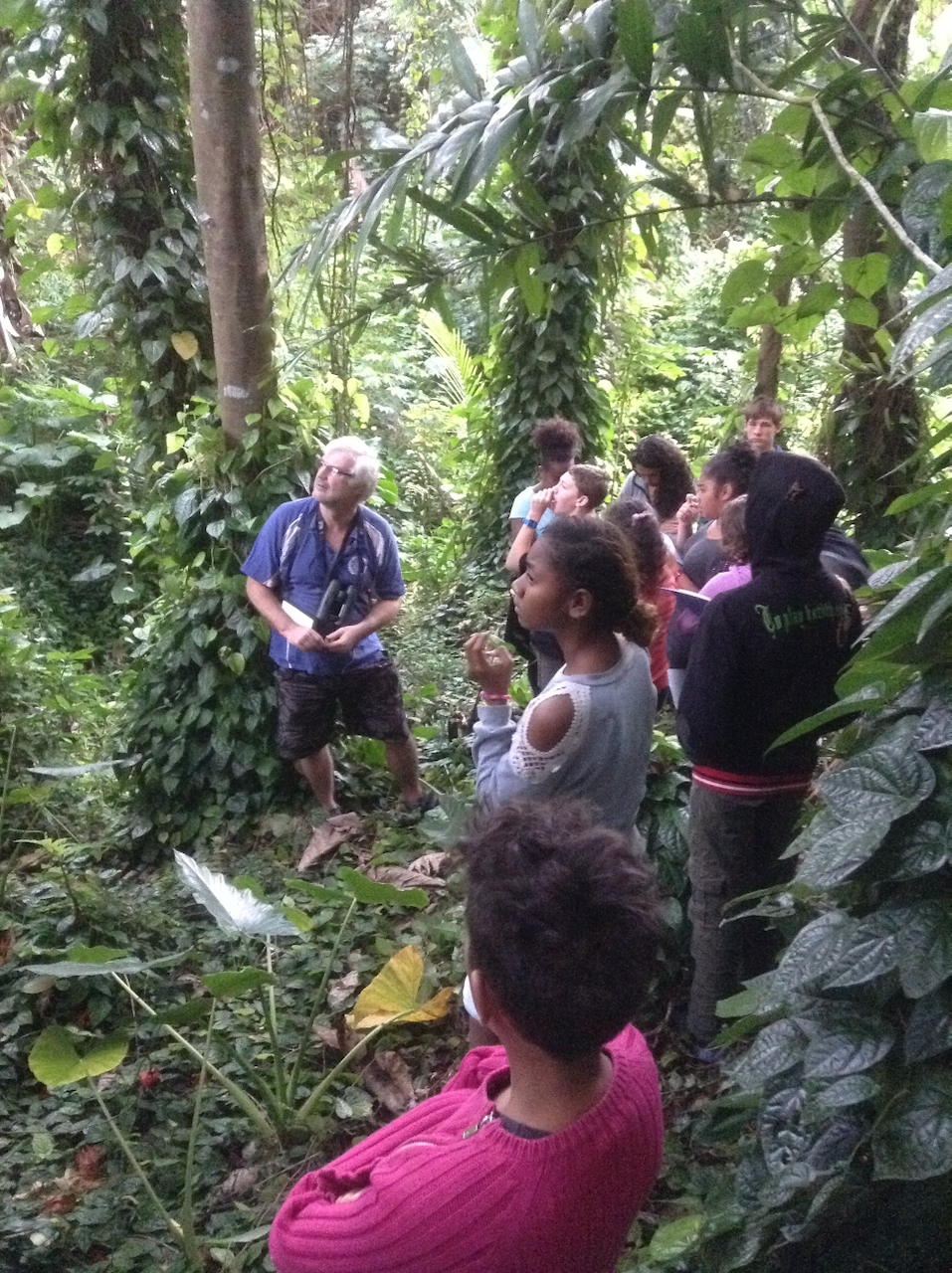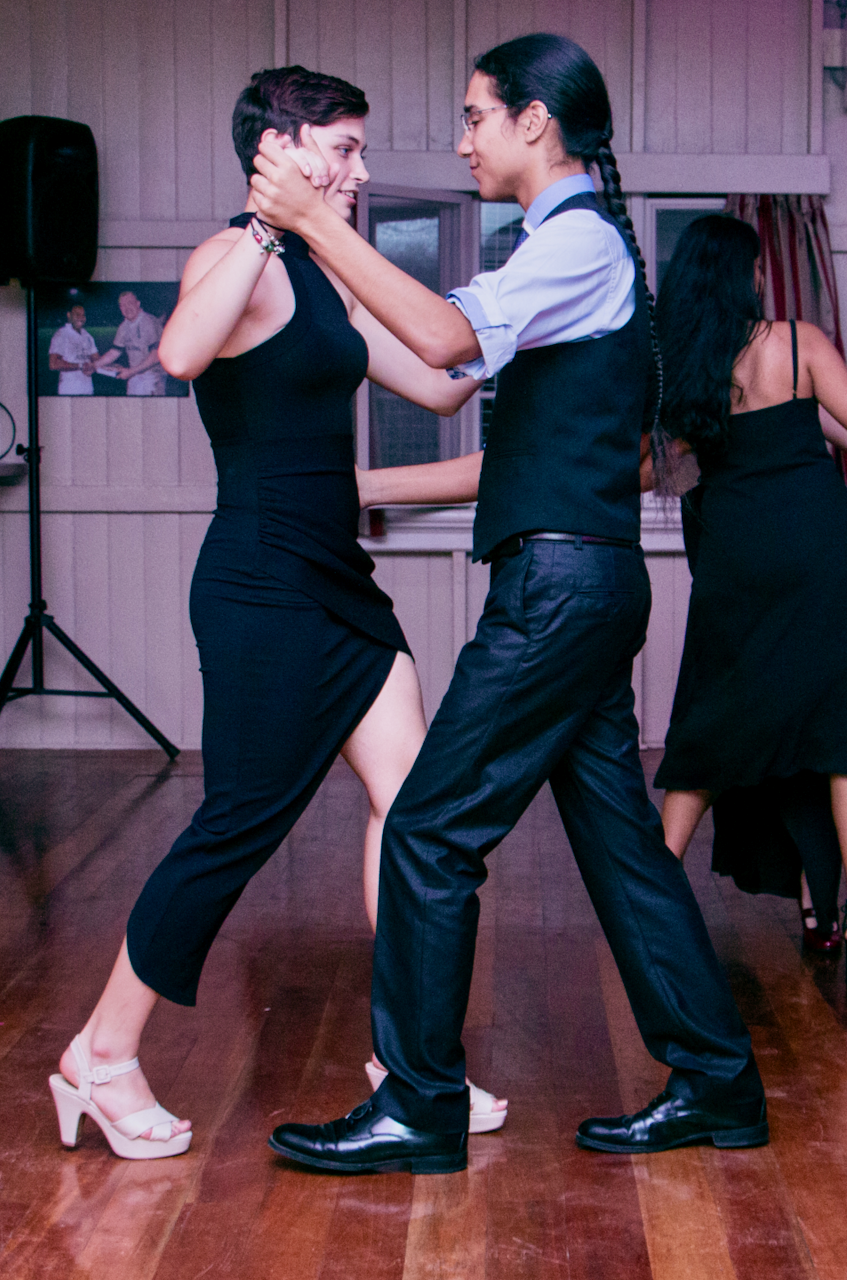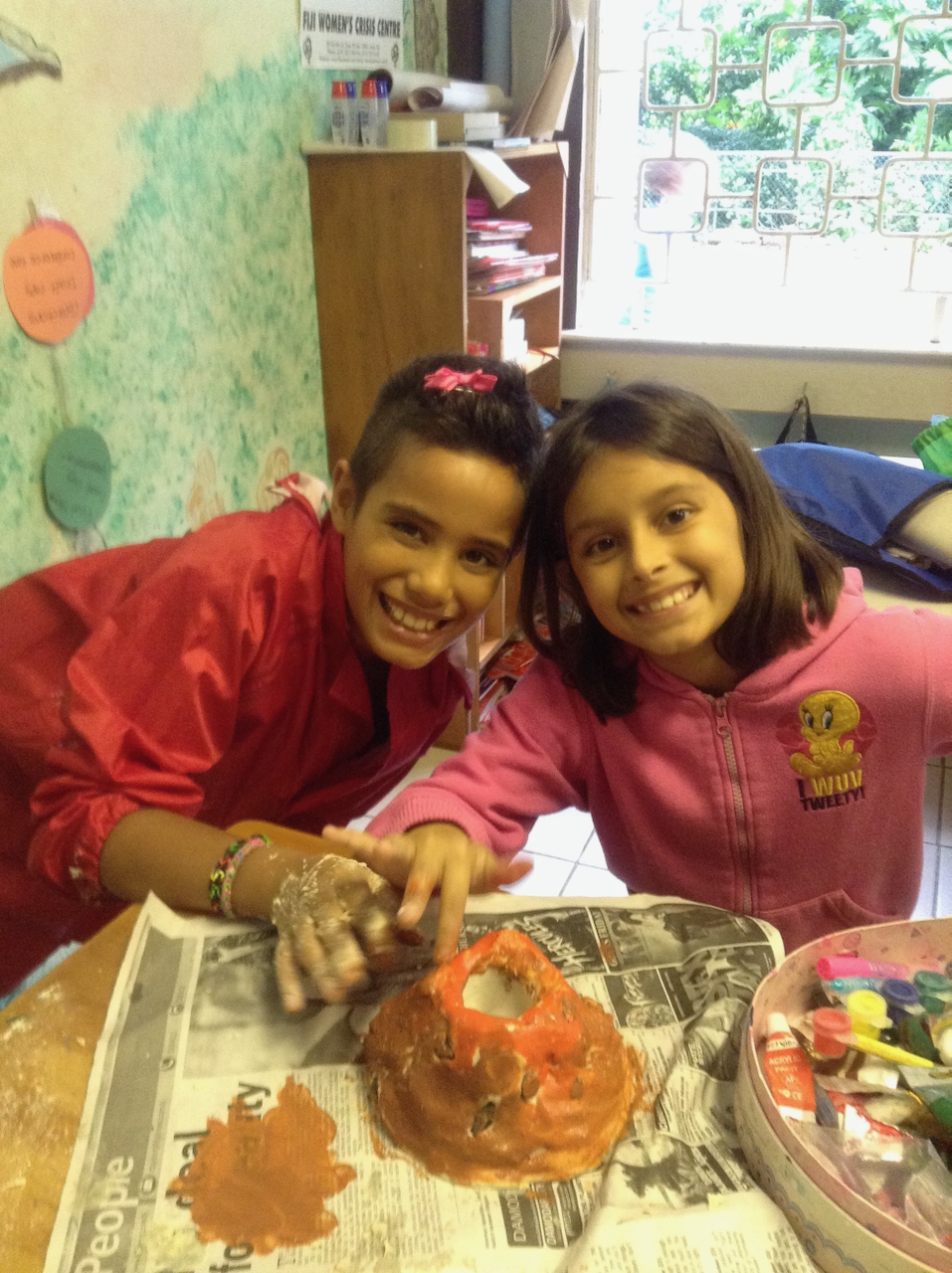How & What We Teach
How we teach
If you hear the term ‘pedagogy’ this is the scientific eduational term for ‘how’ a topic is taught.
Like the Montessori schools, we take a 'child focussed approach to education' which translates into stronger emphasis on individualised educational programmes and try to be mindful of the way that a student of a particular age and mindset is sensing the world around them. In practice a student might sit with their age cohort for 70% of their time, work with another class in a topic they are behind on (or work with a one-on-one teacher), and work with another class that they are ahead of in a particular topic or discipline.
Like Waldorf-Steiner Schools we believe that educational ’subjects’ or ‘disciplines’ are quite artificial and in the real world there is a strong integration of these topics. Desiging a new product requires English (communication and PR), maths (budgeting), marketing (social science) and art (design). This is why our actual content does not always fit neatly into a pigeon hole of being ‘geography’ or ‘grammar’.
Becuase of this, there are often many project or thematic concepts that are taught in an interdisciplinary way.
A key element in how we teach is to focus on practical applications and try to make the students see the relevance of why they are learning a topic. We try our best to take out the excessive ‘abstraction’ that many current educational curricula have.
The Multiple Intelligence theory helps us in framing a curriculum, pedagogy and assessment that we believe will develop the maximum holistic potential in our students.
Many children who are labelled 'learning disabled' in a traditional 'chalk & talk' school thrive because they finally get to express their intelligence through strengths that are rarely formally acknowledged. Strengths such as being:
-
musical;
-
athletic;
-
being able to understand other people easily;
-
good or strong spatial awareness;
-
being able to classify things easily and think in a parallel manner.
We encourage children to use their strengths to bridge into the more traditional schooling topics such as language and maths.
Clearly this is a big topic. If you would like to learn more about what makes us unique, please download our school handbook.



What we teach
Quality of Life
All our teaching is focussed on how this learning will contribute to a stundent’s future ‘quality of life’. So we are quite frugal with what we teach in terms of diversity of traditional disciplines, because we believe that this is not as important as some of the core teachings that can help a child grow up in the world and be an active author of their own good quality of life. Some of these values are exemplified in our student ‘rule’ book which every student gets on entering into MIS.
This overarching theme is expressed in two main ways: acquiring a love of learning; and learning how to teach one’s self.
We do teach traditional ‘disciplines’ that most of us are used to but these are merely ‘vehicles’ to teach about loving the learning process, and learning how to teach oneself.
Love Learning
Since the world is changing rapidly, we fully expect our students to have to be life long learners in order to stay relevant in tomorrow’s world. This means that the actual process of learning should be an enjoyable activity so that when the inevitably have to retrain, reskill, retool, they will relish the task because they actually enjoy learning.
Learning to love learning, is a focus for primary school (Pods/class K-8).
Learning how to teach oneself
This does not mean learning by one’s self, but rather knowing whom to ask; what to ask; when to ask for help or assistance after they are not able to progress by themselves.
Being self motivated learners will ensure that our students are innoculated against a future world where traditions and norms are changing rapidly, but where our students can maintain or hang onto core or essential principles.
‘Disciplines'
We broadly follow a New Zealand curriculum. Our teachers have had years of experience with this curriculum but it may help to explain why it is our preferred choice.
The NZ curriculum from 2011, set out broad teaching areas which they call "Essential Learning Areas" which are the ones that we feel are important. These have started to change in 2024 but our current focus is on these disciplines given the issues we spoke about before.
-
Language (English)
-
Numeracy (mathematics)
-
Science
-
Social Science
-
Technology
-
Arts
-
Second language
-
Physical and mental health & wellbeing
However, unlike many national curricula, this one provides a flexible route to stated achievement objectives. In other words schools are free to choose the path that they feel they can best bring their children to these stated objectives. That fits in very well with us because we can develop our own materials and choose our own texts that are more appropriate to our local context.
Of course, unlike the NZ curriculum, we do of course borrow from the Fiji curriculum where it relates to the context, society and history of Fiji where we live.
Fiji Ministry of Education registration number SF: 8239